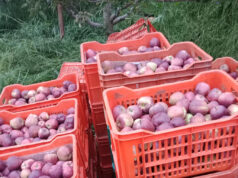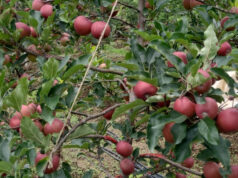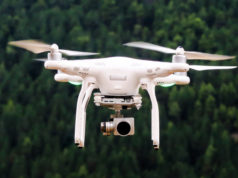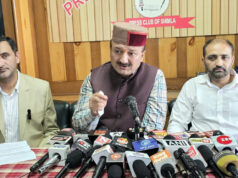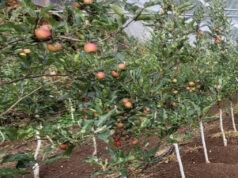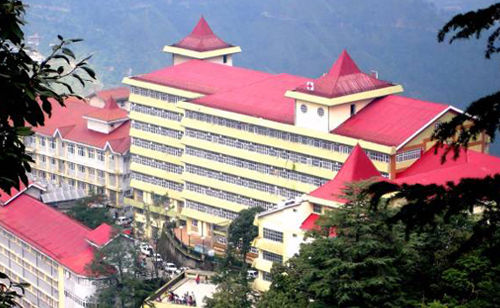In a significant development, Himachal Pradesh is set to receive 10 state-of-the-art drones by mid-July, which will revolutionize agriculture and horticulture practices in the region. The drones will be utilized primarily for spraying medicines, fertilizers, and pesticides in gardens, offering a cost-effective and time-efficient solution for farmers and gardeners. This initiative, spearheaded by IFFCO (Indian Farmers Fertiliser Cooperative Limited), aims to enhance agricultural productivity while minimizing expenses for farmers.
Under this initiative, two drones will be allocated to each of the districts of Kangra, Shimla, and Una, while one drone each will be provided to Kullu, Solan, and Sirmaur. The designated drones will be operated by registered committees associated with IFFCO. To ensure responsible usage and accountability, these committees will have access to the drones with a refundable security deposit of Rs 50,000. Upon meeting the predefined criteria and targets within a five-year period, the security amount will be returned to the committees.
The introduction of drones in agriculture and horticulture practices is expected to yield significant benefits for farmers and apple growers in Himachal Pradesh. In just 15 minutes, these advanced drones can efficiently spray medicines and fertilizers across five bighas of land, a task that would typically require 5-6 hours of diesel, petrol or electricity-powered spray machine. The time saved through drone usage will not only increase efficiency but also reduce overall costs for farmers.
The drones will enable the spraying of various essential products, including nano urea liquid, pesticides and insecticides, ensuring effective crop protection and enhanced yield in fields. The respective district committees operating the drones will be provided with detailed instructions to prioritize employing unemployed youth, contributing to the region’s socio-economic development.
With the imminent arrival of these cutting-edge drones, Himachal Pradesh is poised to witness a transformative shift in agriculture and horticulture practices. By embracing modern technologies and promoting sustainable farming techniques, the state is taking a significant stride towards ensuring higher productivity, reduced costs, and a prosperous future for its farming community.


